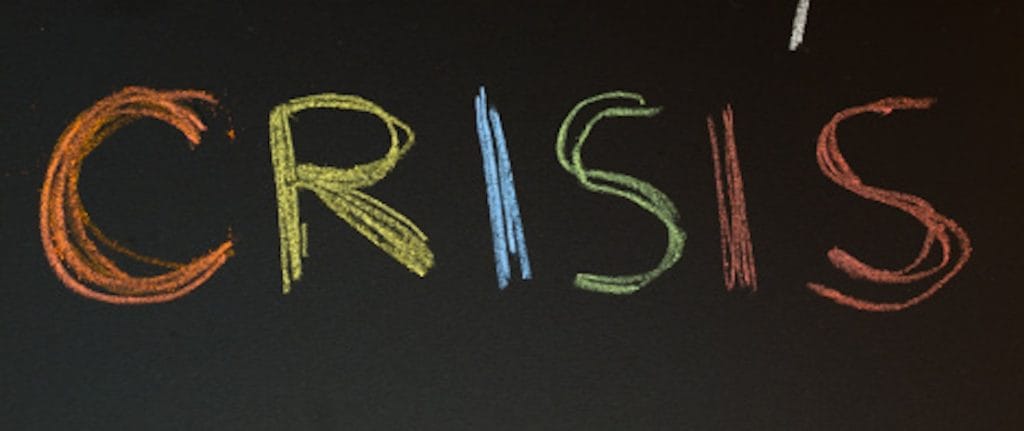Working in close coordination with the U.S. Drug Enforcement Agency, authorities in Thailand in September arrested five members of an Asian drug smuggling network and charged them with hatching a plot to export 220 pounds of methamphetamine into the United States. These individuals were then extradited and transferred into the custody of the DEA, and three months later they were indicted for illegal drug smuggling in a New York City federal courtroom. Because the illicit drug trade is international in scope, cooperative law enforcement operations have become a necessary part of the global anti-drug campaign, and this joint U.S—Thailand venture is not the only such undertaking to result in high-profile arrests. But what makes this case unique is that the interdicted methamphetamine was apparently manufactured by private entrepreneurs in North Korea, which marks the first time that massive quantities of illegal meth from this source have been linked to multinational distribution networks with access to the American market.
Where the Cold War Meets the Drug War
It is well known in international drug enforcement circles that the North Korean government was heavily involved in international drug trafficking in the 1990s, and, needless to say, the infamous Kim Jong Il regime had no tolerance for domestic competition at that time. But the world’s most unrepentant communist dictatorship abandoned the illicit narcotics business in the early 2000s, and that helped create a vacuum on the black market that indigenous small-scale home brewers rushed in to fill. Since large batches of it can be cooked up quickly on kitchen stove tops with commonly available chemicals, methamphetamine has proven to be the substance of choice for these budding drug barons, and North Korea’s grass-roots crystal meth production has grown by leaps and bounds over the last eight to 10 years. A portion of this supply has been marketed and sold within the country’s own borders, where meth has a benign reputation and is routinely used as an energy booster, an appetite suppressant and a treatment for colds and flu. And in parallel with rising stimulant abuse among young people in the U.S., North Korean students have recently begun to consume the drug as a study aid (its stimulating effects can aid all-night cramming sessions). While reliable statistics about addiction in this secretive nation are difficult to obtain, it seems safe to conclude that growing methamphetamine dependency must be placing an enormous strain on North Korea’s underfunded and understaffed health care system, as well as causing serious damage to families and communities. Statistics that reveal the evils of meth abuse are not at all hard to find in the United States, and any time a potentially bountiful new source of this poisonous substance comes online it must be viewed as an ominous development. It is not clear at the present time how entrenched the North Korean methamphetamine manufacture-and-supply network has become on the international black market, but if it gains a foothold, global supply lines could soon be flooded with the toxic product.
Drug Politics in a Rogue State
Given its draconian reputation, it is interesting to note that the North Korean government is making almost no effort to combat the sudden proliferation of methamphetamine production facilities within its jurisdiction. Considering the potential health costs of a drug epidemic, this lack of an aggressive anti-drug policy seems surprising, and it is even more surprising given that totalitarian regime’s long history of interfering in every aspect of the lives of its citizens. It could be that under the inept and bizarre leadership of the new “supreme leader” Kim Jong-un, the economic situation has deteriorated so badly that the resources needed to fight illegal drug manufacture and consumption are lacking. Or perhaps the government fears a revolution and would prefer to keep its citizens in a state of perpetual intoxication to keep them from noticing how bad things have gotten. A third and more sinister possibility is that with North Korea’s methamphetamine industry starting to take flight, the government may see it as a potential goldmine and may be looking for a way to get in on the action. From the standpoint of the international War on Drugs, it is vital that the governments of nations that are known to be suppliers of illegal substances take responsibility for what is happening inside their borders. It is also essential that their law enforcement agencies cooperate with legal officials in other countries so that coordinated strategic initiatives can be devised and implemented; this will allow agents everywhere to fight drug traffickers on their own turf, wherever that might be. But the North Korean government has isolated itself for decades and has in turn been ostracized by virtually every other country on earth, and joint anti-drug agreements (or any other type of agreements, for that matter) between this rogue nation and the United States in particular are simply out of the question. It is possible that North Korea’s involvement in the international methamphetamine trade will be brief. The nation’s extreme domestic poverty and lack of access to international capital, even of the illegal kind, may be obstacles too big for its aspiring drug entrepreneurs to overcome. But then again, desperate times call for desperate measures, and if enough North Koreans come to see illicit drugs as their only chance for survival, the country’s burgeoning methamphetamine business may continue to expand well into the future. Either way, it seems that in the drug trade demand never outpaces supply for long, so even if North Korea’s sudden ascension on the international meth scene proves to be short-lived, manufacturers and distributers in other nations will soon rush in to fill the gap; of this we can be sure.

